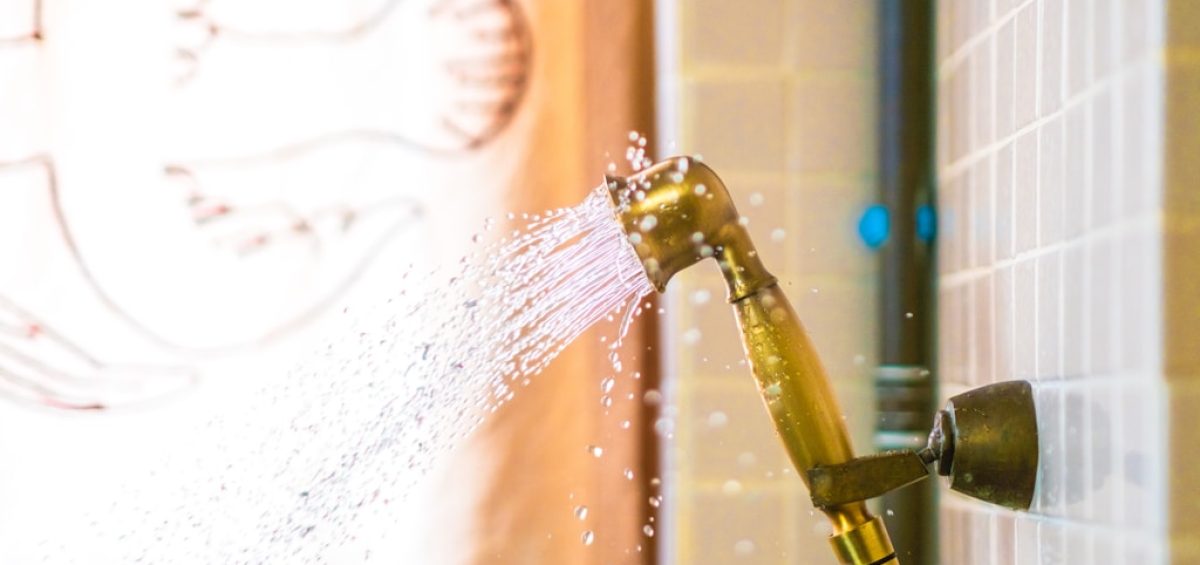Finding the right water hygiene partner is a bit more complex than it might initially seem. It’s not just a question of getting someone in to test water temperatures, or carry out annual assessments. It requires building a working relationship with a provider that can help you to remain safe, compliant, and confident in all of your systems. If you’re currently on the search for a new hygiene partner, then here are four things to look out for.
1. Sector-specific knowledge
Some industries have certain nuanced requirements when it comes to their water systems. For example, what’s needed in a hospital is different from what’s required in a care home, school, or office block. The best water hygiene partner for your needs will understand this – they’ll know where the main risks lie, what the regulators are likely to look out for, and how to work efficiently in your environment.
It’s worth asking potential hygiene partners such as the Water Hygiene Centre if they’ve worked with businesses like yours before. Even better, see if they can show you specific examples. A little bit of shared experience can save you a lot of time and uncertainty later on.
2. Actionable reports
A good risk assessor should leave you feeling informed and clear on what you need to do, not just overwhelmed. If your current provider is handing over long reports filled with technical jargon, and no real explanation of what needs to happen next, it might be time to look for a new provider.
Look for a service that can explain their findings clearly, both in writing and verbally. You want reports that flag urgent issues, suggest sensible timeframes for action, and outline responsibilities without ambiguity.
3. Long-term strategic vision
While a one-off audit might tick the box for now, water hygiene isn’t something you can set and then forget about. The risks change over time, especially if your building layout shifts or your usage patterns change.
That’s why it’s worth working with partners who take a longer view. Some of the most effective providers are those who stay involved – not just turning up for annual checks, but helping you monitor risk, follow up on actions, and adjust your approach when needed. It doesn’t have to be complicated, but it should be consistent.
4. High professional standards
Finally, be sure to check the basics: are they accredited? Are they members of the Legionella Control Association? Do they carry appropriate insurance?
Beyond that, it’s also a good idea to look at the kind of service they offer. Some partners aim to offer both consultancy and remedial services, which can work well, but it’s important that their advice is objective. If a provider stands to profit from identifying problems, you need to feel confident that their recommendations are genuinely in your best interest.
Choosing a water hygiene partner isn’t just a question of avoiding legal trouble – it’s also about protecting people, and keeping your business running as smoothly as possible. If you can find someone who knows your sector, communicates well, and takes a long-term view, you’ll be in a much stronger position to stay ahead of the risks.

